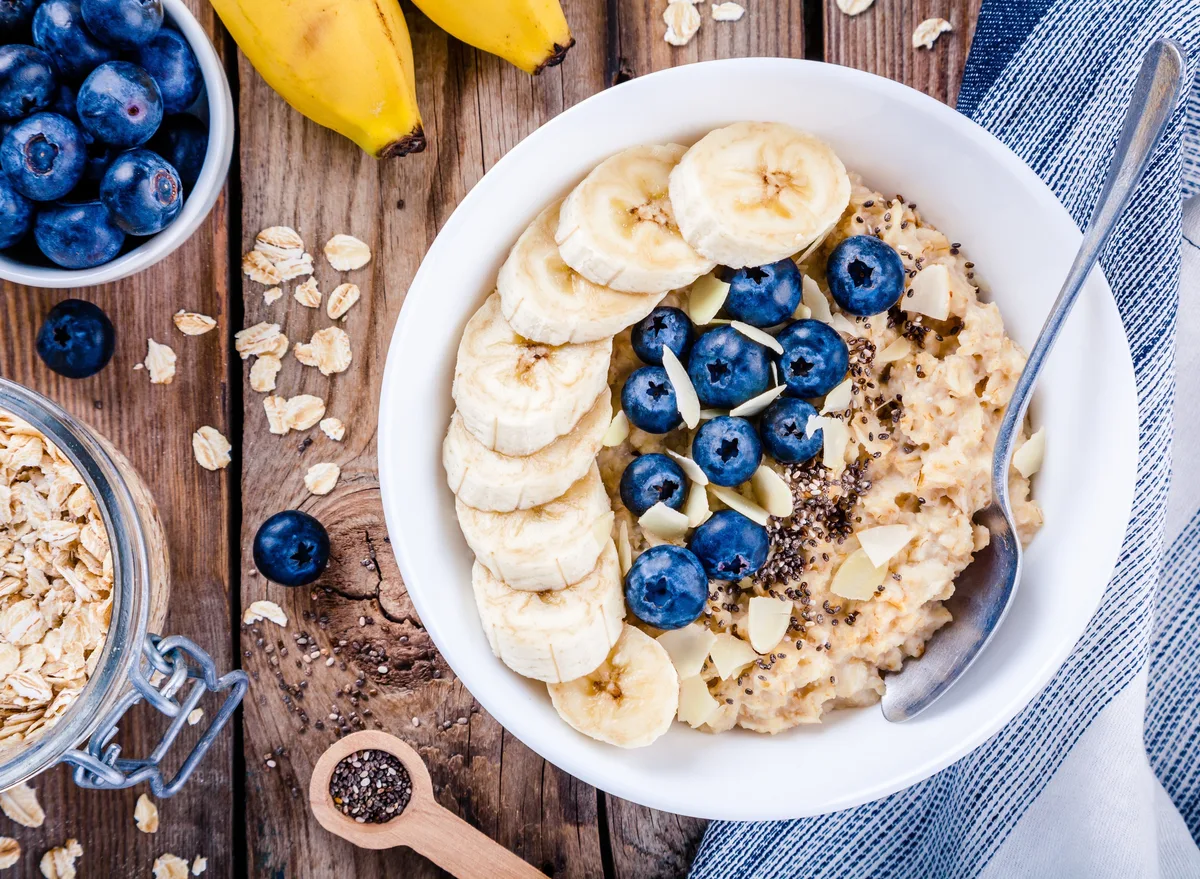
If you’re a health-conscious individual or are looking to improve your diet, you’ve probably heard about the numerous benefits of consuming avocados. These creamy, nutrient-dense fruits are rich in healthy fats, fiber, vitamins, and minerals that support overall health and wellbeing. But what happens if you eat one avocado every day? In this article, we’ll explore the potential benefits and drawbacks of consuming avocados daily.
Health Benefits of Eating One Avocado Every Day
Potential for reducing cholesterol levels
Avocados are high in monounsaturated fats, which have been shown to lower LDL (bad) cholesterol levels and increase HDL (good) cholesterol levels. A study published in the Journal of Clinical Lipidology found that consuming one avocado daily for five weeks resulted in a decrease in LDL cholesterol levels by 13.5 mg/dL, compared to a control group.
Improved heart health
The high levels of monounsaturated fats in avocados also have a positive effect on heart health. A study published in the Journal of the American Heart Association found that replacing saturated fats with monounsaturated fats from avocados can lead to a reduction in LDL cholesterol levels and an improvement in overall cardiovascular health.
Reduced inflammation
Avocados contain a compound called alpha-linolenic acid, which has been shown to reduce inflammation in the body. Chronic inflammation has been linked to a range of health problems, including heart disease, diabetes, and arthritis.
Improved digestion
The fiber content in avocados can support healthy digestion by promoting regular bowel movements and preventing constipation. In addition, avocados contain prebiotic fiber, which can promote the growth of beneficial gut bacteria.
Better weight management
Despite being high in calories and fats, avocados have been shown to support healthy weight management. A study published in the Nutrition Journal found that consuming half an avocado with lunch led to a reduction in hunger and an increase in satiety, compared to a control group.
Improved eye health
Avocados are rich in lutein and zeaxanthin, two antioxidants that are essential for maintaining healthy vision. These antioxidants have been shown to reduce the risk of age-related macular degeneration and cataracts.
Reduced risk of certain cancers
The phytochemicals in avocados have been shown to have anti-cancer properties, particularly when it comes to preventing prostate cancer. A study published in Cancer Epidemiology, Biomarkers & Prevention found that men who consumed the highest amounts of avocado had a 60% lower risk of developing prostate cancer.
Side Effects of Eating One Avocado Every Day
Overconsumption of calories and fats
While avocados are healthy, they are also high in calories and fats. Consuming too many avocados can lead to overconsumption of calories and contribute to weight gain.
Possible allergic reactions
Some people may be allergic to avocados and experience symptoms such as hives, itching, and swelling of the lips, tongue, and throat.
Risk of liver damage
Avocados contain high levels of oxalates, which can contribute to the formation of kidney stones in people with kidney problems. In addition, consuming large amounts of oxalates can lead to liver damage.
The Ideal Amount of Avocado to Consume Daily
The recommended serving size of avocado is one-third of a medium avocado (50 grams). It’s important to balance avocado intake with a well-rounded diet that includes a variety of fruits, vegetables, whole grains, and lean protein sources.
Delicious Ways to Incorporate Avocado into Your Diet
Avocado toast
A popular and easy way to incorporate avocado into your diet is by making avocado toast. Simply mash a ripe avocado onto a piece of whole-grain toast and top with your favorite toppings, such as cherry tomatoes, feta cheese, and a sprinkle of chili flakes.
Guacamole
Guacamole is a classic avocado-based dip that can be enjoyed as a snack or added to tacos, burritos, and salads. To make guacamole, simply mash a ripe avocado and mix with diced onions, tomatoes Why You Should Add Avocado to Your Daily Dietcilantro, lime juice, and salt to taste.
Avocado smoothie
Avocado can be added to smoothies to create a creamy texture and boost the nutritional content. Try blending half an avocado with spinach, banana, almond milk, and a dash of honey for a delicious and healthy smoothie.
Avocado salad
Adding avocado to a salad can add healthy fats, fiber, and a creamy texture. Try topping a bed of mixed greens with sliced avocado, cherry tomatoes, cucumber, and a drizzle of balsamic vinaigrette.
Conclusion
Eating one avocado every day can provide numerous health benefits, including improved heart health, reduced inflammation, and better digestion. However, it’s important to balance avocado intake with a well-rounded diet and to be mindful of potential side effects such as overconsumption of calories and fats. By incorporating avocado into your diet in a variety of ways, you can enjoy the health benefits of this nutrient-rich fruit.
FAQs
- Is it safe to eat one avocado every day?
While eating one avocado every day can provide health benefits, it’s important to balance avocado intake with a well-rounded diet and to be mindful of potential side effects such as overconsumption of calories and fats.
- Can eating avocados help with weight loss?
Despite being high in calories and fats, avocados have been shown to support healthy weight management. However, it’s important to balance avocado intake with a well-rounded diet and to be mindful of portion sizes.
- Can eating avocados improve skin health?
Avocados are rich in healthy fats and antioxidants, which can help improve skin health. However, more research is needed to fully understand the relationship between avocado consumption and skin health.
- Can eating too many avocados be harmful?
Consuming too many avocados can lead to overconsumption of calories and contribute to weight gain. In addition, some people may be allergic to avocados and experience symptoms such as hives, itching, and swelling.
- How can I incorporate avocado into my diet?
Avocado can be added to dishes such as toast, guacamole, smoothies, and salads. Try experimenting with different recipes to find new and delicious ways to incorporate avocado into your diet.




